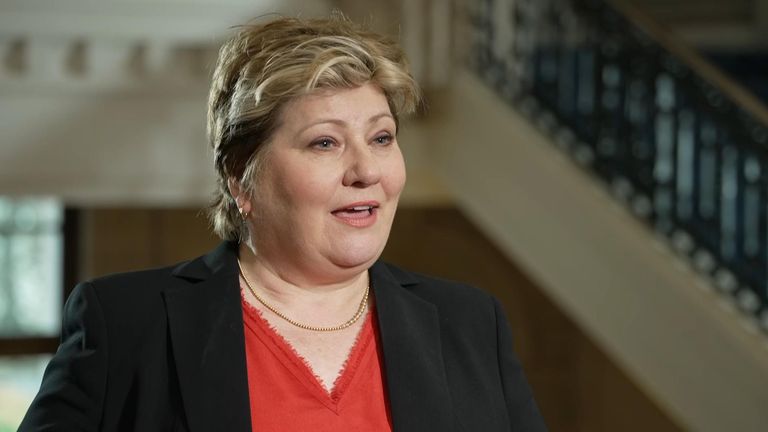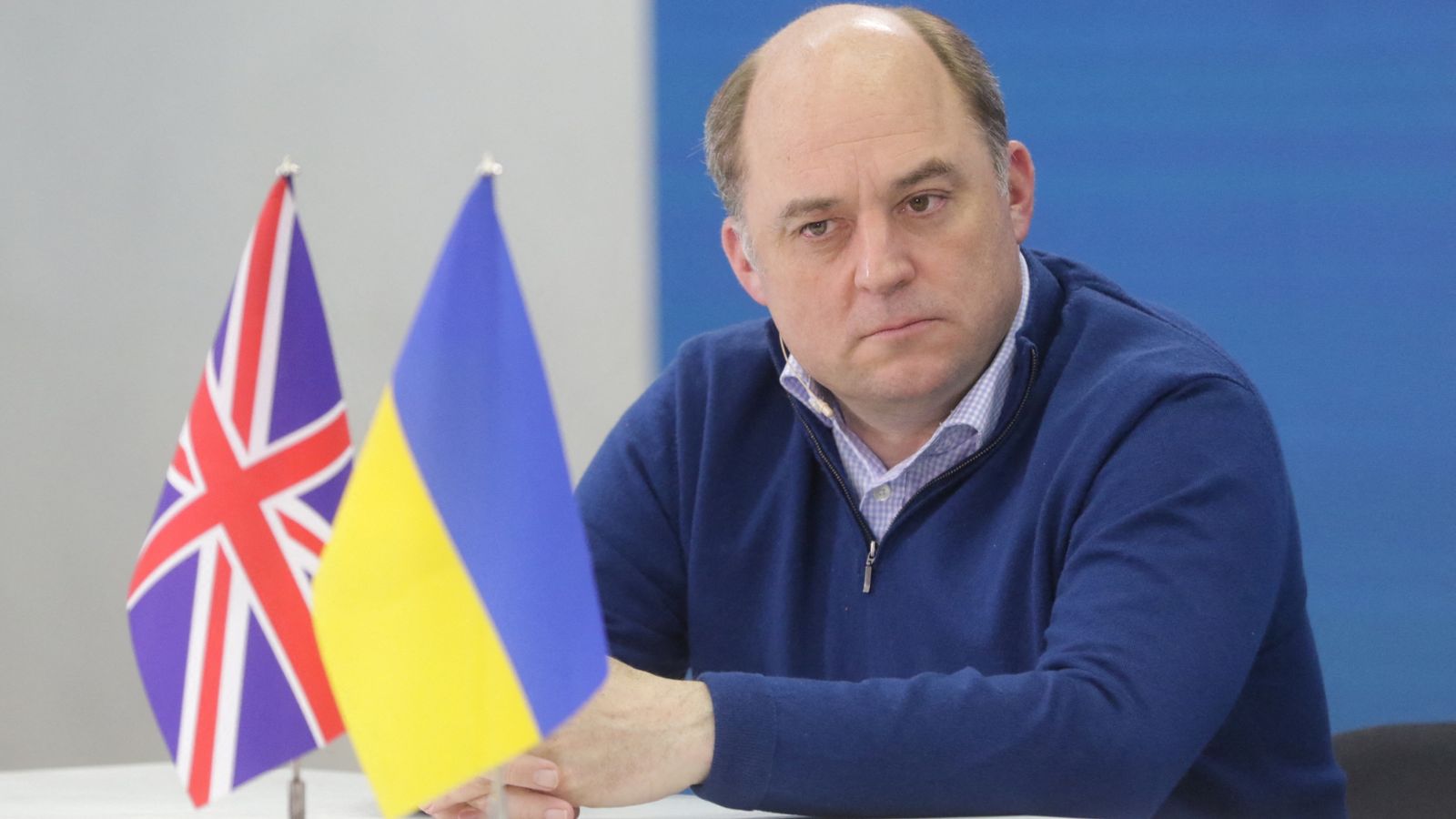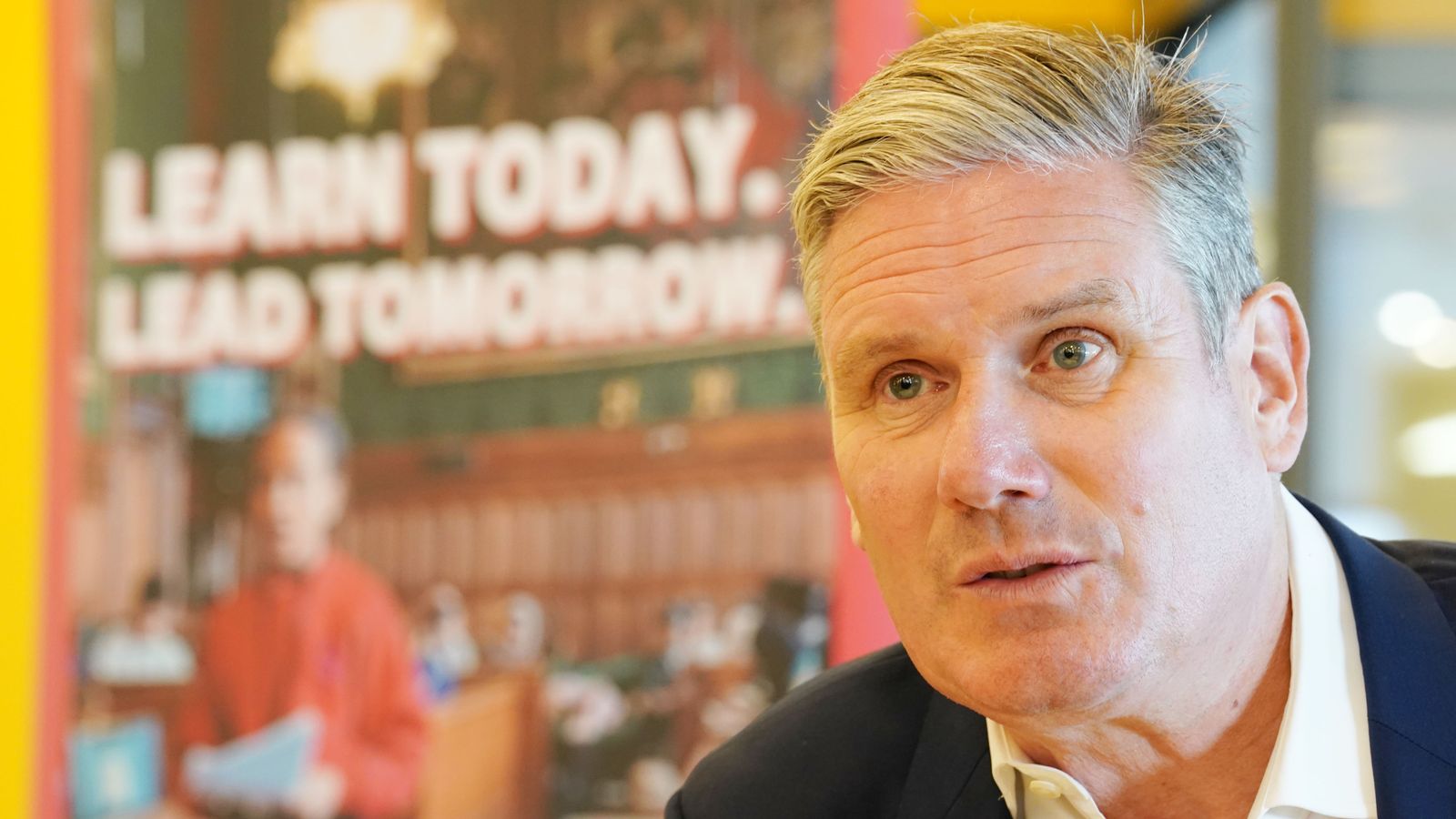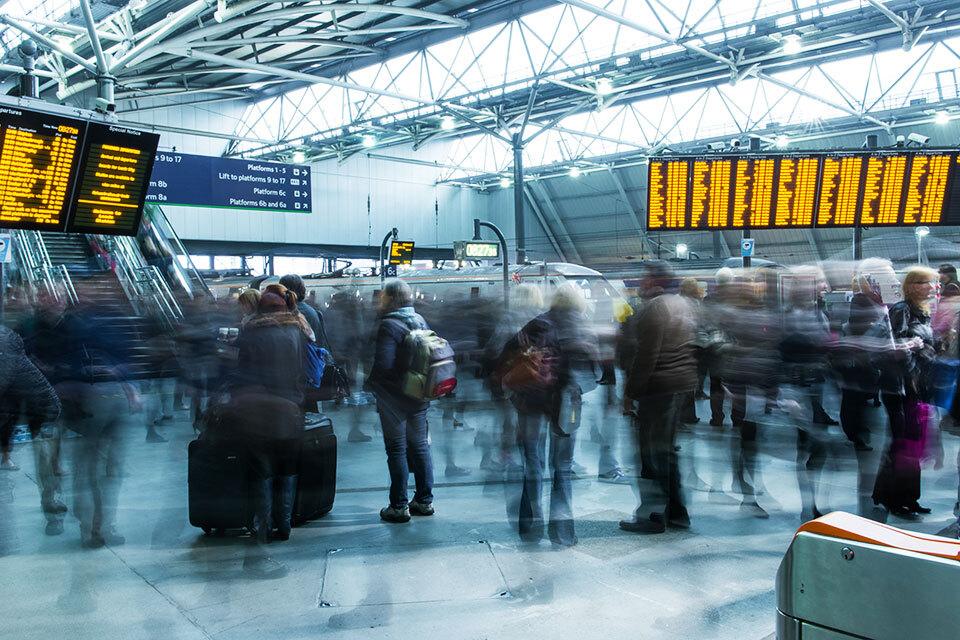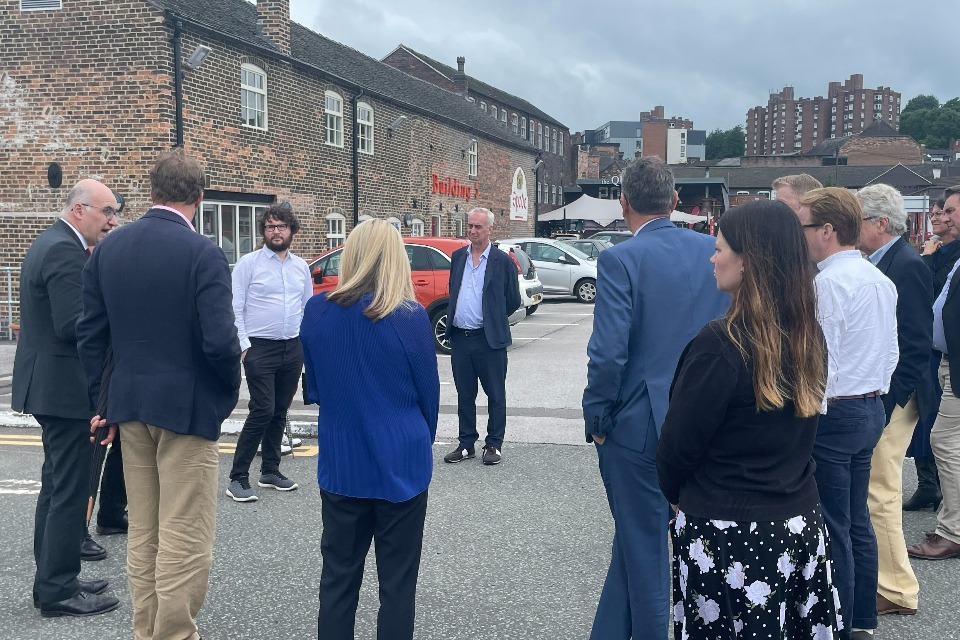Health minister refuses to commit to public sector pay rise, saying PM must make ‘tough decisions’ | Politics News
A health minister has refused to commit to accepting the recommendations of public sector pay review bodies (PRBs) for next year, saying the government has to “look overall at what is affordable”.
Speaking to Sky News, Helen Whately said she would not “pre-empt” the next steps in the process, as the prime minister “needs to be responsible with the public finances” and “look at things in the round”.
Politics live: Chancellor to insist watchdogs use powers to cut prices
The PRBs take evidence from across sectors like the NHS and education each year, as well as submissions from government, before saying what wage rises should be introduced for the following 12 months.
Amid anger from unions about the figures failing to match inflation last year, Health Secretary Steve Barclay insisted it was right for ministers to “continue to defer to that process to ensure decisions balance the needs of staff and the wider economy”.
The recommended figure is expected to be published next month, alongside formal pay offers, with reports claiming the number could be around 6% for the health service and 6.5% for teachers.
But reports over the weekend suggested Rishi Sunak could block the rise over concerns it could increase already record high inflation.
‘Tough decisions’
Asked by Kay Burley if the government would accept the PRBs’ recommendations, social care minister Ms Whately said: “I’m not going to pre-empt the next stage in the process.
“Obviously government has to look overall at what is affordable. And the prime minister has been very clear… about the need to be responsible with the public finances as the number one priority, of course, must be bring down inflation.
“So government has to look at things in the round.”
She added: “We take the advice of recommendations from the pay bodies. But you’ve got to understand that government has to be responsible for the public finances.
“That’s why I can’t say here and now what the outcome of of the whole process is going to be. We know we have a number one priority of bringing down inflation.
“And actually the job in government and job of prime minister is to make tough decisions.”
Labour’s shadow Attorney General, Emily Thornberry, blamed the “chaos” of the economy on the government, which has been in power for 13 years, and attacked the government’s position on public sector pay.
She told Sky News: “It was only a few months ago that they said that they couldn’t possibly pay out any more than the pay review. Now today, they seem to be saying that they’re going to override the pay review bodies.
“I mean, this is just economic policy by press release, isn’t it?“
She added: “We have still got nurses on strike, we have still got doctors on strike. We’ve got teachers that have been saying they want to talk to the government for I don’t know how long.
“And now we have the government vacillating between are we going to pay attention to the pay review body or aren’t we going to pay attention to the pay review body? I mean, it’s not any way to run a country.”
